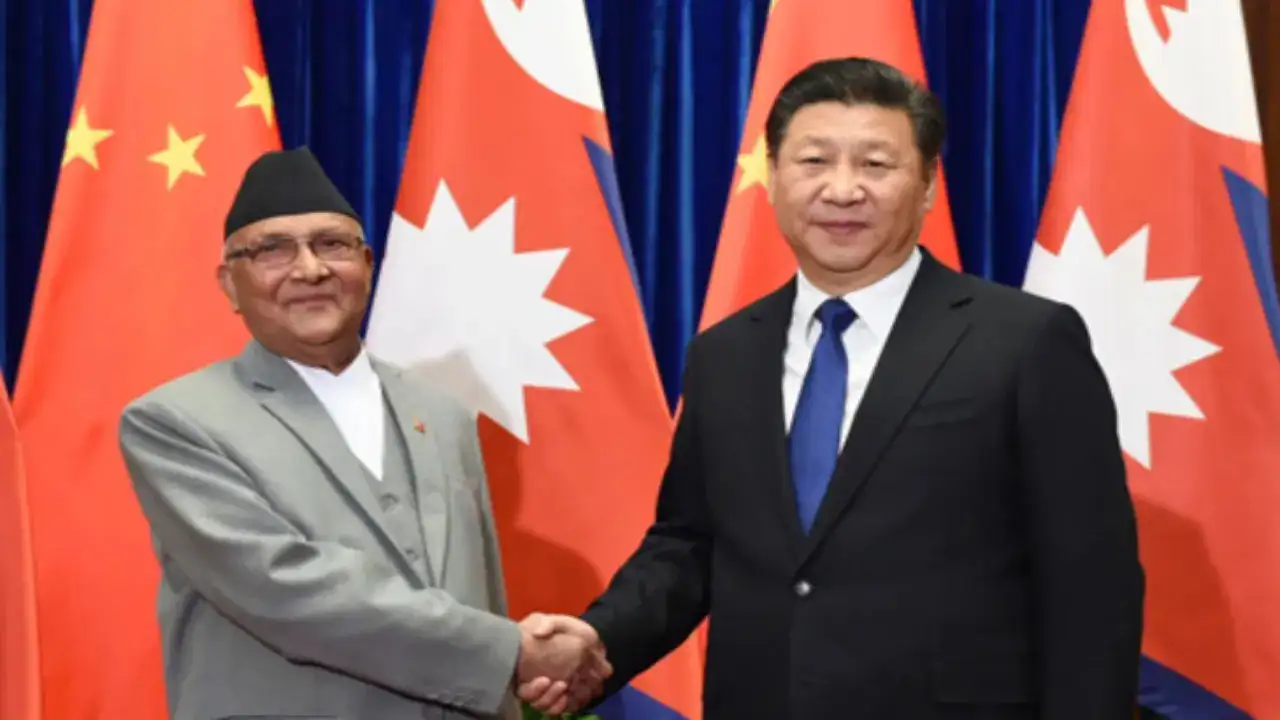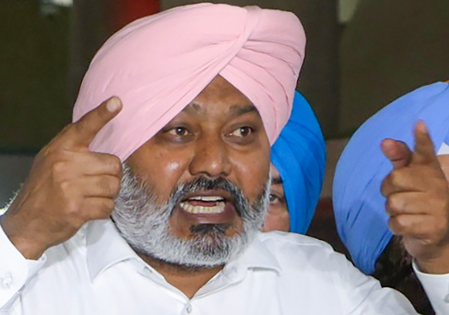Gen Z Protesters Force China’s Key Ally Nepal PM Oli Out – Why is Beijing Silent on the Deadly Protests?
By Times Now Digital
Copyright timesnownews

China has not commented on the resignation of Nepalese Prime Minister KP Sharma Oli, a leader long seen as close to Beijing, after violent protests forced him to step down. Oli quit Tuesday after days of unrest in Kathmandu and other cities, where demonstrators stormed party offices, torched politicians’ homes and vandalised the parliament. His resignation came a day after 19 people were killed in clashes with security forces. The fall of Oli, who had just returned from attending the Shanghai Cooperation Organization summit in Tianjin and China’s military parade marking the 80th anniversary of its World War II victory, drew only brief coverage in Chinese state media. Oli is the second South Asian leader in recent years to exit under pressure soon after a Beijing visit. Former Bangladesh Prime Minister Sheikh Hasina fled to India in August 2024 amid student-led protests following her trip to China. For Beijing, Oli’s departure echoes the downfall of Sri Lanka’s Rajapaksa family, which lost power in 2022 after public anger over corruption and heavy borrowing from China pushed the country into bankruptcy. During his tenure, Oli shifted Nepal’s traditionally India-leaning foreign policy closer to China. He signed a transit treaty with Beijing to ease dependence on India, backed a proposed China-Nepal railway through Tibet and supported China’s Belt and Road Initiative. His latest trip to China, where he endorsed President Xi Jinping’s Global Security Initiative and Global Civilization Initiative, drew sharp criticism at home. The Kathmandu Post accused him of “bending over backwards to please the Chinese” and warned that attending an anti-Japan military parade could strain ties with Tokyo, one of Nepal’s key aid donors. (WIth PTI input)



